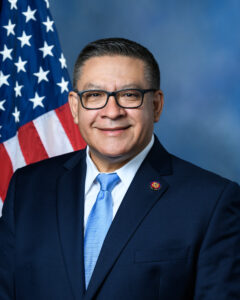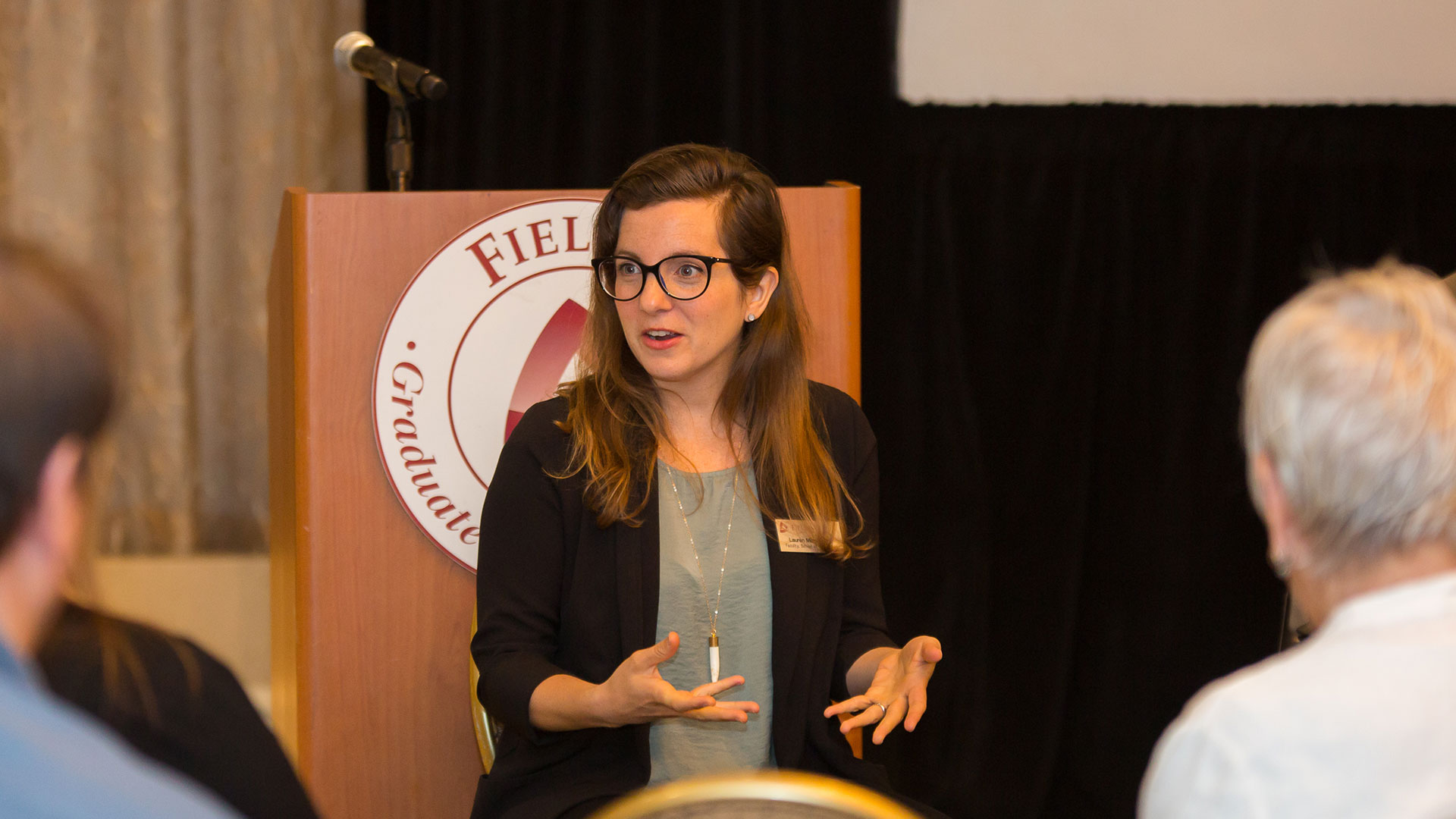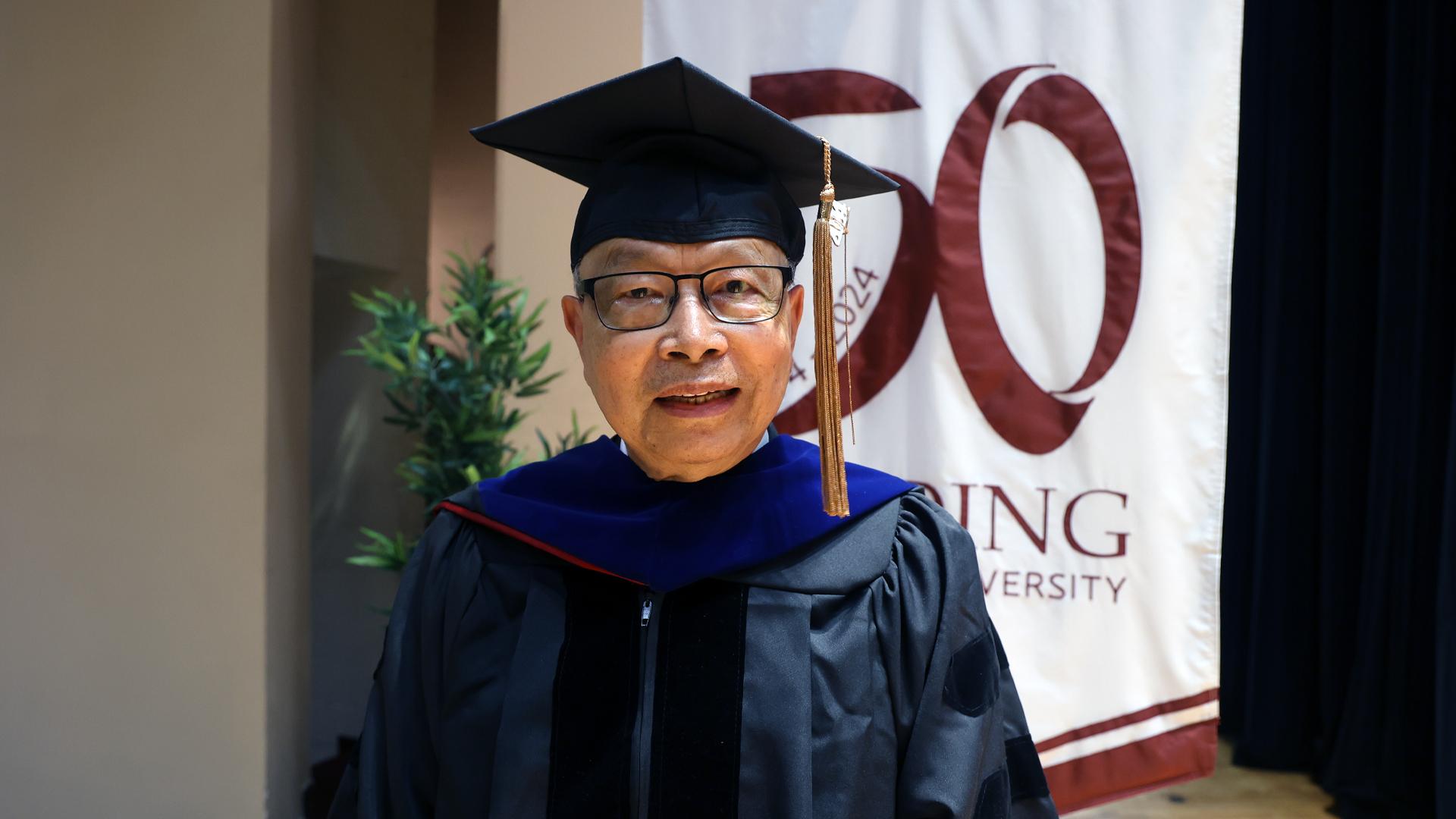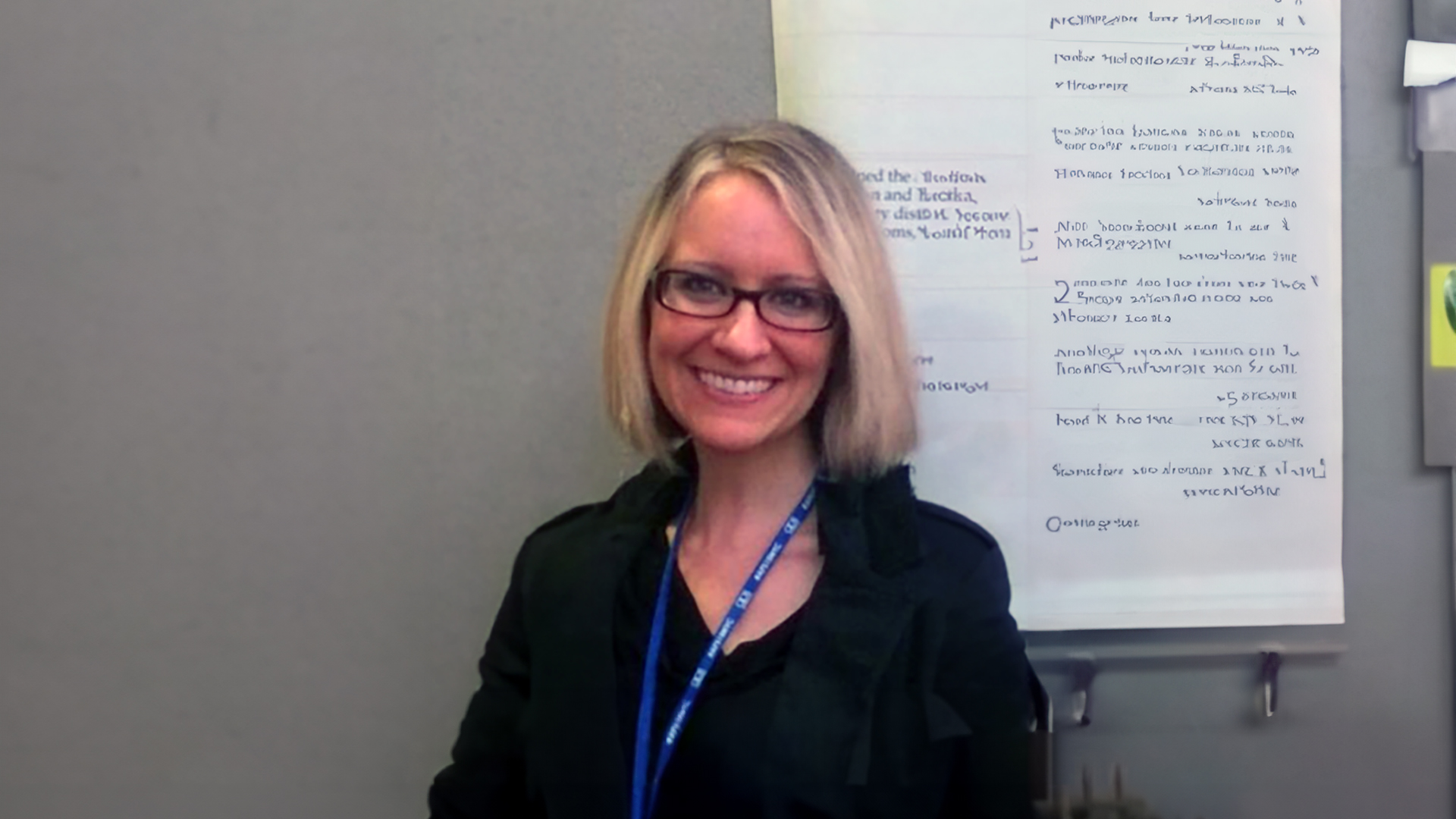
U.S. Representative of California’s 24th congressional district, Salud Carbajal, MA, Fielding Alum
An interview with U.S. Representative of California’s 24th congressional district and Fielding alum, Congressman Salud Carbajal, regarding his current perspective on democracy and The American Rescue Plan.
President Katrina S. Rogers:
A question that will come to mind for our students, graduates, staff, and faculty is, where were you on January 6, 2021? I read an interview that you were not actually on the floor, but were in your offices.
Congressman Carbajal:
Let me set the stage for you. Because of COVID, Nancy Pelosi told the entire House members, “Unless you’re part of the procedure to certify the electoral votes, please stay in your offices.” That means about 20 members of the House of Congress were on the floor. In addition, 20 members from the United States Senate were on the House floor as well. So, 40 members in total. Continuing, she said, “Unless you’re participating or part of the procedure, stay in your offices because I don’t want you contracting or giving COVID to anybody else.” Therefore, out of public health reasons, we were all in our offices with the exception of those who were required to be on the House floor.
Members of Congress who felt that they wanted to partake in this historic event, worked with Speaker Pelosi’s office to be able to go on the gallery of the House floor just to observe. I was also scheduled to go observe in the gallery. But, I ended up grabbing a quick lunch for my wife, who was also in the office with me, and my chief of staff. So, I went downstairs and grabbed a sandwich. I finished eating, and got ready to go to the Capitol building when we got an intercom message saying the Capitol building was being breached, and reaffirmed that we should stay in and lock our offices. We had the TV on and so we were watching what the rest of the American people were watching.
President Katrina Rogers:
Thank you for setting the stage. It is spring now and I would like to ask, what is your current perspective?
Congressman Carbajal:
After January 6, when we saw all the footage and we came to understand all the facts, we realized that it was a lot more serious. All the footage reaffirmed that. Certainly, what I have been able to synthesize now is that our democracy is more fragile than I thought it was.
We had a sitting president on his way out who refused to accept the validity of the election results and went about for many months attempting to discredit our electoral election system, and then continued lying. As a result, he appealed to and galvanized certain constituencies that came from extreme groups, including white supremacists and racist groups that he was able to incite and mobilize to come and attempt a violent coup d’état.
This was a mob that came to the Capitol building with the objective of harming Speaker Pelosi, the Vice-President, and other members of Congress. That was the intent, and they were incited and encouraged to do so by former President Trump. Now we are seeing that there is an impeachment going on, and it is notable that he is the only president to have ever been impeached twice. Now the actual matter is before the Senate and they are in the process of deciding whether to convict or not. It does not look like that might be the case because there are not enough Republicans that are willing to do what is right. They are choosing politics over the integrity of our democracy.
President Katrina Rogers:
How does this renewed sense of the delicacy of democracy, that sort of frailty, influence you in the New Year and the work that you do? What do you think is the role you can play?
Congressman Carbajal:
We need to make sure that we are looking and learning from this experience to see what changes we could bring about and what things need to be addressed to make sure that we do not allow this to happen again. We also need to root out what we now have come to understand is that we have a lot more extremists amongst us in our country which are White supremacists that perpetuated a domestic terrorism. Therefore, we need to address those extremist groups’ tendencies in our country, by making sure they are rooted out of our military. We now have come to learn that one in five of those that were part of this violent interaction had previous military experience, which informs us that right now we have extremists amongst our ranks in the department of defense. We need to root those extremists out to make sure that they do not continue to take a strong hold in the fabric of our country’s important institutions.
We also need to look at measures to make sure that we provide more checks and balances to the executive. Over the years, Congress has somewhat proactively parlayed a lot of its authority to the executive office. I think now there is a discussion about what somebody of the likes and character of former President Trump was able to do. The question is what things do we want to take back in terms of authority that we have been able to parlay to the executive office, in terms of jurisdiction and authority by Congress? We will be looking at these issues. We want to observe how we might be able to strengthen our democracy and not give more power than is needed to the executive, which Congress has responsibility over.
President Katrina Rogers:
Yeah, those are both excellent points. As a political scientist myself, you are right about executive power creep over the last four decades, and perhaps this is an opportunity to think about more of a balance amongst the three branches.
As we turn to the new Congress, what are you excited about this year? What do you think that the best opportunities are?
Congressman Carbajal:
Well, I am first excited about having a plan to crush this virus and this pandemic. We did not have a plan for the past nine months and there should have been a plan. I do not mean to sound partisan here, that is not my intent. It is really just pointing out to certain facts. There was no comprehensive plan until this new administration has come on board. There is now a proposal, a $1.9 trillion proposal, on our table being considered by both the House and the Senate. The plan is to be able to apply and allocate the resources to produce more vaccinations and to distribute it appropriately, to get the resources to the schools so they could open up safely, and to make sure that we continue to support businesses, unemployed workers, and families that are in continued need during this pandemic. I am excited about finally having the resources and the plan to get us beyond this pandemic. The pandemic has challenged our mental health, our economy, and our public health, and we need to finally put that behind us. What I am excited about is the fact that we are finally, I think, on track to put that behind us by allocating the resources and having the plan to eradicate this pandemic sooner rather than later. That’s one, and the first and most important item on my agenda.
Secondly, we need to look at other issues. Getting beyond this impeachment, we know what the likely outcome is going to be. However, I think we need to be able to move beyond this as soon as possible and focus on the needs and the issues that are challenges for our country and the American people. We need continue to improve healthcare, bring premium costs down, and address prescription drug costs, which have escalated. Improving our healthcare access and delivery is another important priority of mine.
Thirdly, I think you are going to see robust investments in infrastructure. Infrastructure means schools, housing, roads, bridges, airports, transit, and broadband. We know the broadband challenges we have especially in rural America, where there is a digital divide and the lack of resources for low-income communities in K to 12 grade schools. So for instance, there is $130 million in this $1.9 trillion proposal that we are considering now for K through 12 grade schools. There is also $7 billion in the proposal to address the digital divide in broadband. I am really excited about this proposal that will continue to modernize our infrastructure, but at the same time, create good, well-paying jobs and make investments in our economy through infrastructures.
President Katrina Rogers:
You have made this important link about how the pandemic has also revealed the weaknesses in infrastructure and in healthcare. If those had been shored up and if we had a differently organized healthcare system, we might not have been as vulnerable to a pandemic. Everything is interconnected.
Congressman Carbajal:
Absolutely. I think it lends itself to not only our health care delivery, but also being able to understand the trends that are happening throughout our country because we are more connected. COVID relief, healthcare, infrastructure, and I would also add comprehensive immigration reform are all interconnected. Right now, we are considering moving forward three proposals. One is a comprehensive immigration reform. Two, if we cannot pass the first proposal, we are hoping to move forward and garner all the votes that we need to move it forward. However, we have slim majorities and we are not sure that we are going to be successful at comprehensive immigration reform. Nevertheless, if for some reason we are not able to move that forward, we are going to simultaneously move two other important bills forward.
The second proposal is the Farm Workforce Modernization Act, which will provide a path to legalize and citizenship for our farm workers and their families, and modernize the H-2A program into a modern day guest worker program. This proposal is one that does not have the perils and abuses that the Bracero Program once had in the fifties and sixties, which my father participated in.
The third proposal is the Dream and Promise Act. There seems to be much bi-partisan support for both of these bills in Congress and throughout the country. We are hoping to move those proposals forward with votes. We are also trying to get votes for the comprehensive immigration reform bill. However, if we cannot pass these proposals, there are some others that will put us forward in making great progress on these issues as well.
President Rogers, one last priority I would like to close with, and I think it is also one of President Biden’s priorities, is climate change. We have already seen this administration through various executive orders undo many of the changes. In my opinion, we need to make sure that we are rescinding many of the orders that the Trump administration provided that loosened the regulations that were protecting our public health and reducing emissions to impact climate change. There is a sense of urgency that if we do not get going with the rest of the world, and ourselves included in mitigating emissions, we are going to heat up our world and lead to catastrophic outcomes.
There is a lot more that I could go into, but these are the bigger ticket items that I think are going to be the focus of Congress, my own personal agenda, and the Biden administration.
President Katrina Rogers:
Congressman, I am so glad you are there. I cannot think of a better person better suited to complex challenges. I just have one last question. As a distinguished alum of Fielding, what kind of advice do you have for our students and our graduates, or graduates of the future?
Congressman Carbajal:
I would say Fielding is unique. I tell everybody that Fielding provided me a great education because it is practical. Fielding combines theory with practical application provides a lot of hands-on learning, modules that really allow you to put it all together and to look at complex problems and not be intimidated by them. There is a tendency in our lives to be intimidated by big issues that we only complain about or wish it were different. However, I think what Fielding did for me is not be reticent or reluctant to embrace solutions to big challenges that confront us. As was said, I think, by Collins in his book, “big, hairy, audacious goals”, BHAG goals.
When we see big challenges or problems that exist, we should not be intimidated and we should roll up our sleeves and use the skills and the learnings that we have had, especially that I had at Fielding Graduate University, and not cut ourselves short. We can tackle anything we want, and we should not be relegated to little challenges or small management issues. We can do those issues any time. We should not be reluctant to take on the big challenges, whatever they might be. I think what I would encourage people to do is use that education that they are getting at Fielding, and parlay that into the work that needs to get done to bring about systemic equity type of change in our country.
President Katrina Rogers:
Thank you. That is wisdom. I appreciate it, Congressmen. Is there anything else you would just like to add?
Congressman Carbajal:
I did not talk about the education issues that we are also trying to address with doubling Pell grants. I have a bill myself that I am trying to move forward that would double and expand Pell grants. The goal is to provide loans for those individuals going to undergraduate and graduate programs. We are trying to make sure that we are providing food security opportunities to students and low-income students so that they could be eligible to receive SNAP food funding. Therefore, we are continuing to work on making sure that our higher education system is accessible and affordable to as many people as possible.
President Katrina Rogers:
Fielding has received funds from the CARES act as well. Our students have benefited from that package. Thank you for your part in making this possible.
Congressman Carbajal:
This pandemic has touched almost every institution, from higher education to restaurants and businesses. We just need to make sure that we can get back on our feet and help everybody get back on their feet, so that we can go back to a sense of normalcy and help keep people afloat because so many businesses have already gone under. Individuals and families have lost so many wages and so much income. All we are trying to do is help them to survive and get over this crisis so that they can continue to live productive lives, have security, and at the same time get them back up on their feet.
President Katrina Rogers:
I hope the day comes soon when I can be back in the Capitol to visit.
Congressman Carbajal:
Absolutely. I would like that. In fact, I invite all of Fielding Graduate University.
Join Over 7,500 Fielding Alumni Located Around The World!
Change the world. Start with yours.™






Get Social